Distillation Design and Control Using Aspen Simulation
Learn how to develop optimal steady-state designs for distillation systems As the search for new energy sources grows ever more urgent, distillation remains at the forefront among separation methods in the chemical, petroleum, and energy industries. Most importantly, as renewable sources of energy and chemical feedstocks continue to be developed, distillation design and control will become ever more important in our ability to ensure global sustainability. Using the commercial simulators Aspen Plus® and Aspen Dynamics®, this text enables readers to develop optimal steady-state designs for distillation systems. Moreover, readers will discover how to develop effective control structures. While traditional distillation texts focus on the steady-state economic aspects of distillation design, this text also addresses such issues as dynamic performance in the face of disturbances. Distillation Design and Control Using Aspen Simulation introduces the current status and future implications of this vital technology from the perspectives of steady-state design and dynamics. The book begins with a discussion of vapor-liquid phase equilibrium and then explains the core methods and approaches for analyzing distillation columns. Next, the author covers such topics as: Setting up a steady-state simulation Distillation economic optimization Steady-state calculations for control structure selection Control of petroleum fractionators Design and control of divided-wall columns Pressure-compensated temperature control in distillation columns Synthesizing four decades of research breakthroughs and practical applications in this dynamic field, Distillation Design and Control Using Aspen Simulation is a trusted reference that enables both students and experienced engineers to solve a broad range of challenging distillation problems.
{{comment.content}}
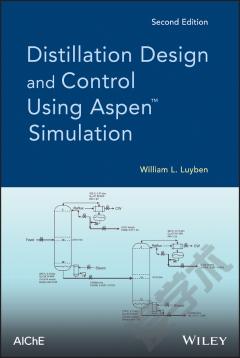

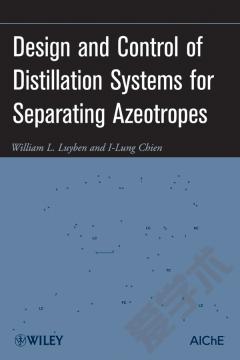
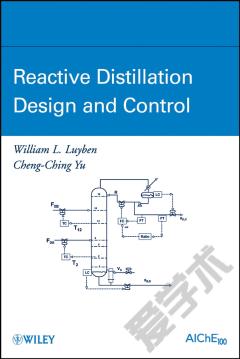
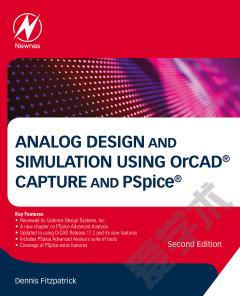
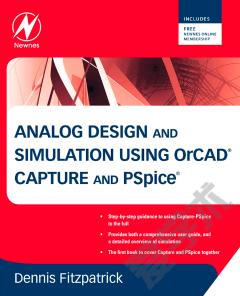
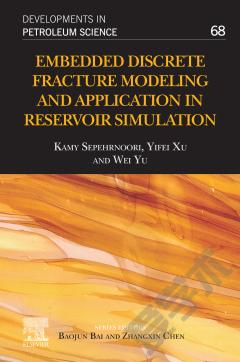

 京公网安备 11010802027623号
京公网安备 11010802027623号